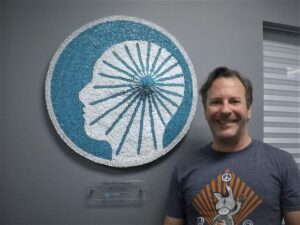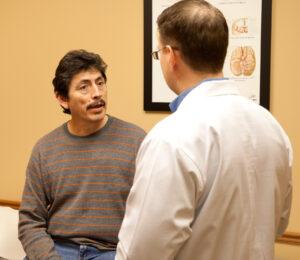Researchers say Metabolic Enhancement for NeuroDegeneration (MEND)−a combination therapy to slow neurodegeneration−may partially reverse and stabilize cognitive decline. Participants with mild cognitive decline and Alzheimer’s style dementia who took part in a two-year MEND study demonstrated real, life-altering improvements after following the MEND protocol for 5 to 24 months, the study showed.
The MEND program calls for interventions to treat conditions such as inflammation, stress and diabetes that could be associated with Alzheimer’s and dementia. It involves multiple components including dietary adjustments, exercise, stress reduction, hormone balance, sleep optimization and integration of certain vitamins and supplements to the patient’s regular routine.










